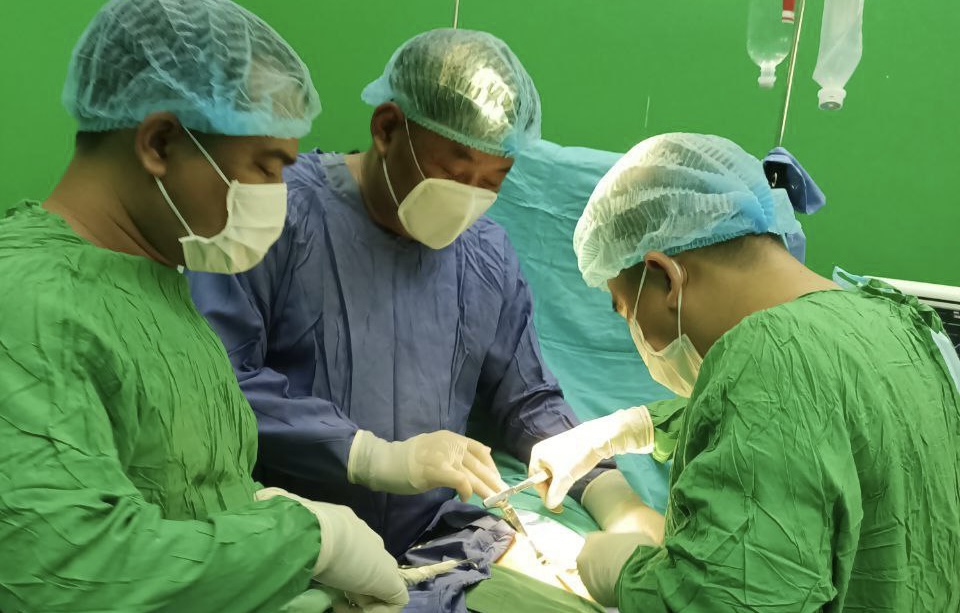Learning outcomes
Graduates from the DDS program will be able:
- To conduct a comprehensive examination to evaluate the general and oral health of patients of all ages within the scope of general dentistry.
- To develop a comprehensive treatment plan and treatment alternatives
- To interpret some kinds of dental x-ray films and do diagnoses on x-ray films
- To evaluate and manage the treatment of periodontal diseases and some kinds of surgery for the diseases originating from periodontal diseases
- To manage and evaluate some pain and diseases in pediatric dentistry for children and prevent dental diseases for children.
- To prevent, evaluate and manage diseases of pulpal origin and subsequent periradicular diseases. manage the restoration of individual teeth and replacement of missing teeth for proper form, function, and esthetics
- To evaluate and manage the surgical procedures of wisdom teeth, some pathological conditions such as granulomas, odontogenic cysts, epulis, stones in salivary gland ducts, and basic surgical care. To recognize and manage pathologic changes in the tissues of the oral cavity, head, and neck area.To understand the basic principles that permit the successful operation of a dental practice
- To conduct, supervise, and evaluate oral health status in the community.
- To understand and translate the basic of epidemiology and statistic in dentistry.
